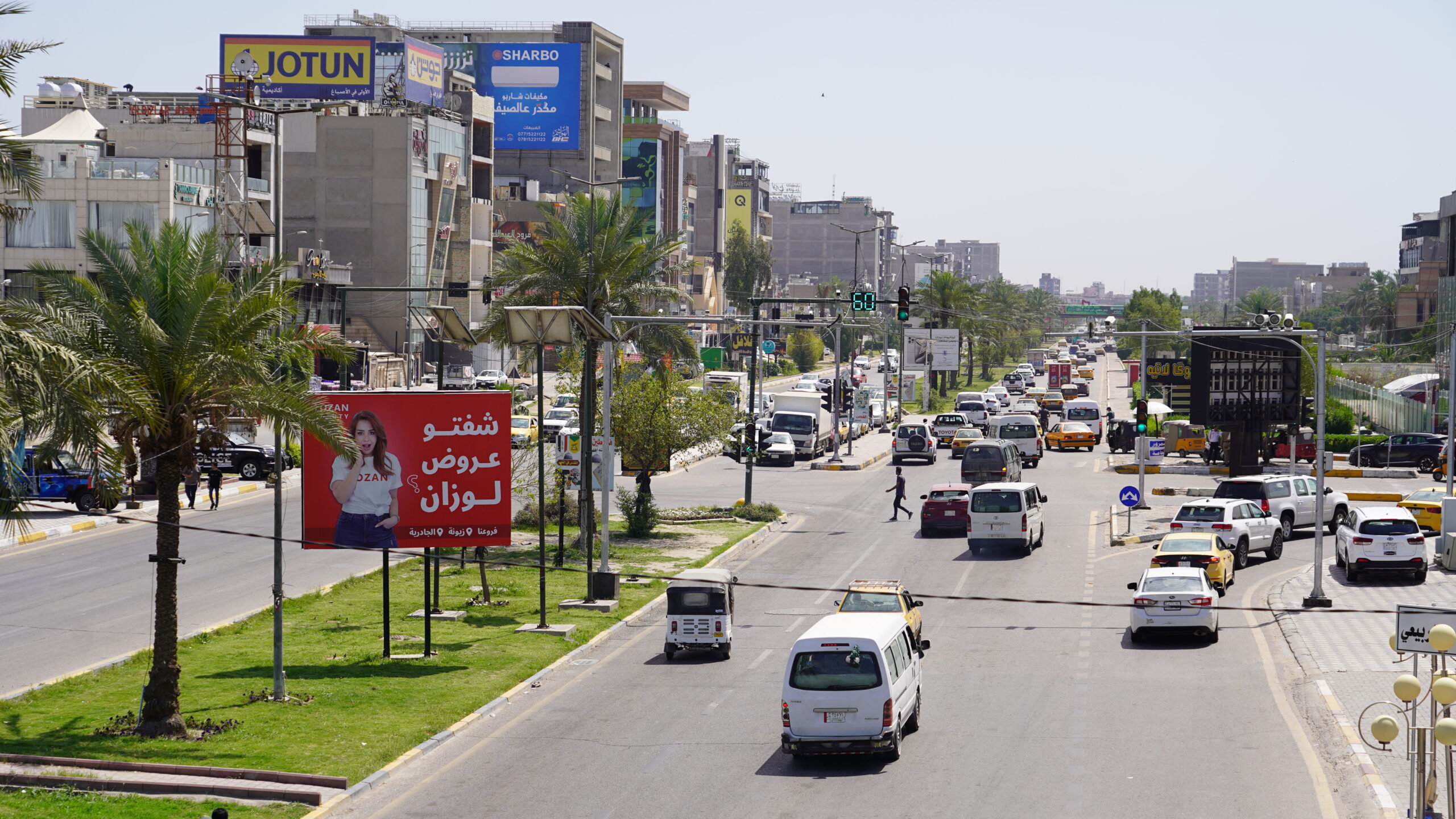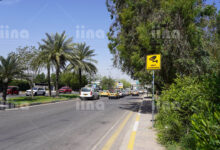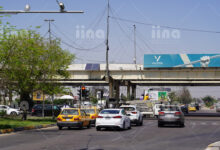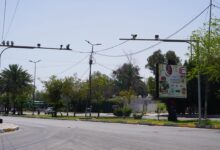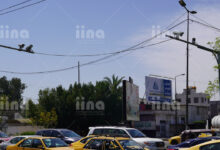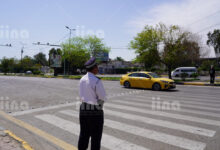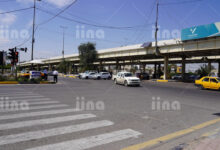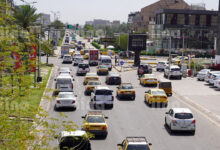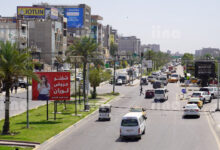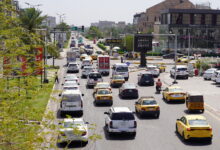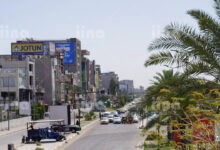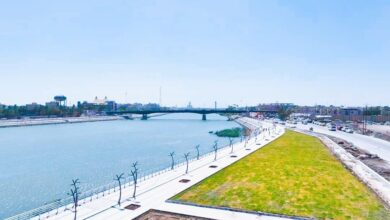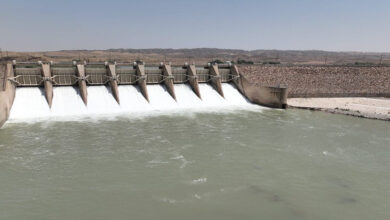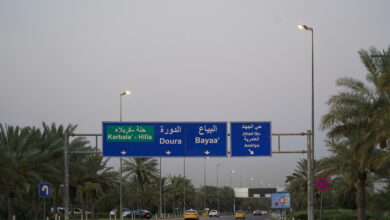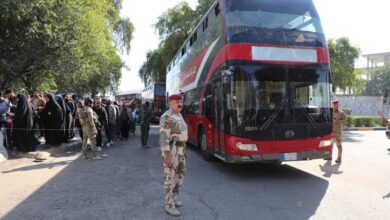In the past two decades, Baghdad has experienced significant population growth, resulting in persistent traffic congestion. The city’s road infrastructure, initially designed for a smaller population, has more recently struggled to accommodate the surge in vehicles, leading to prolonged commute times.
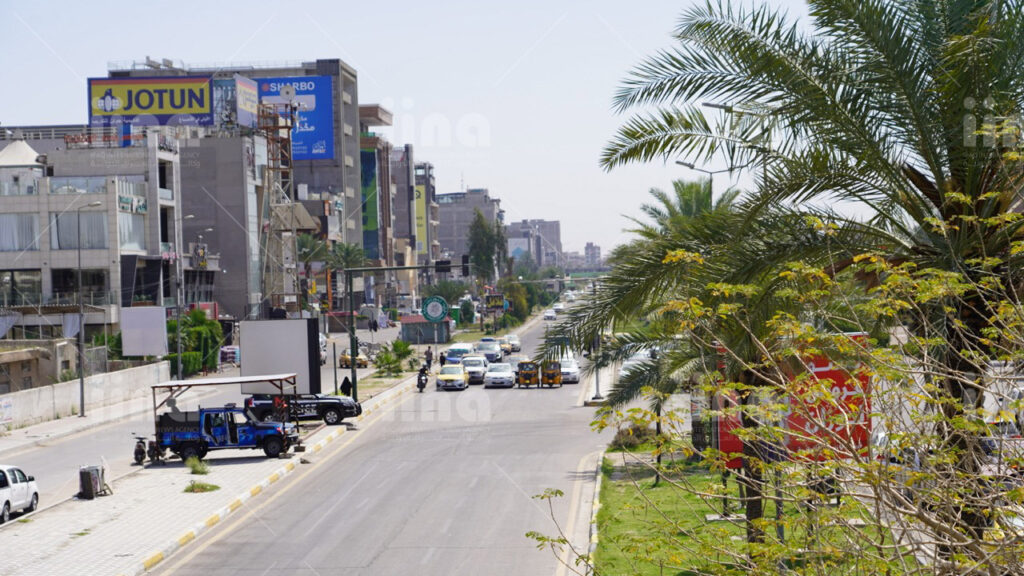
Another contributing factor to the traffic, has been the inefficiency of the public transportation system. Despite the presence of buses and shared taxis, these services often suffer from overcrowding and unreliable schedules, prompting many residents to opt for personal vehicles.
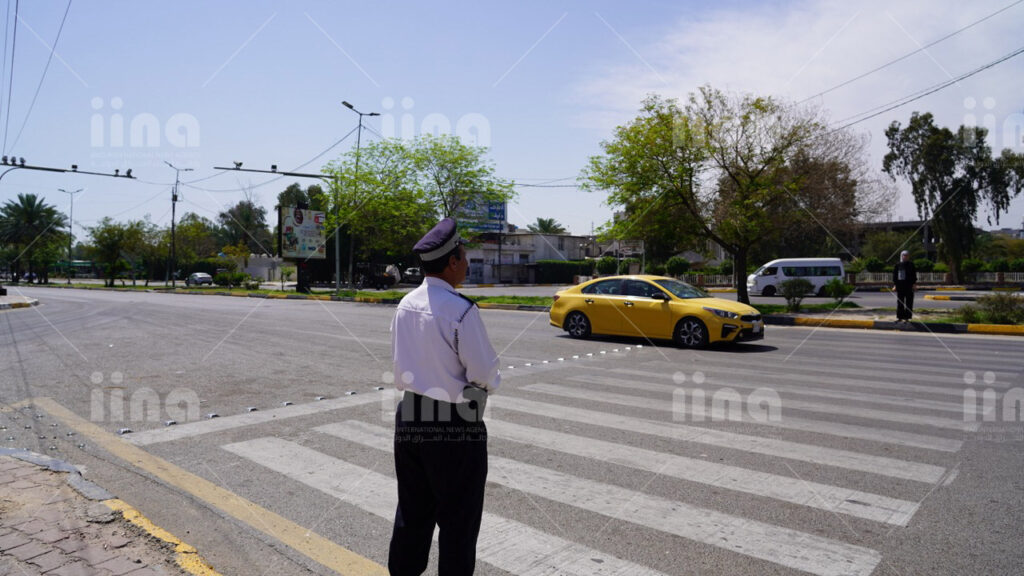
City authorities have been proactive in tackling these issues, having implemented several measures, including road expansions, signal optimisation, and enhanced traffic policing. These efforts have already shown promising results, with residents noticing a reduction in their daily commute.
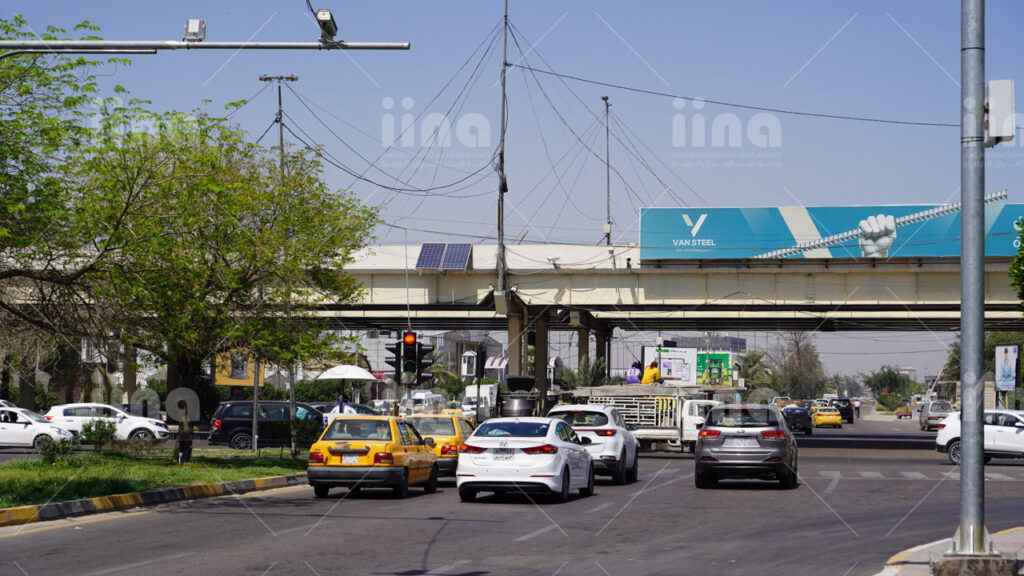
Looking ahead, sustainable solutions are imperative to mitigate traffic congestion in Baghdad. This involves investing in public transportation infrastructure, promoting alternative modes of travel, and adopting innovative transportation systems. Additionally, organising investment opportunities in the transportation sector is crucial.
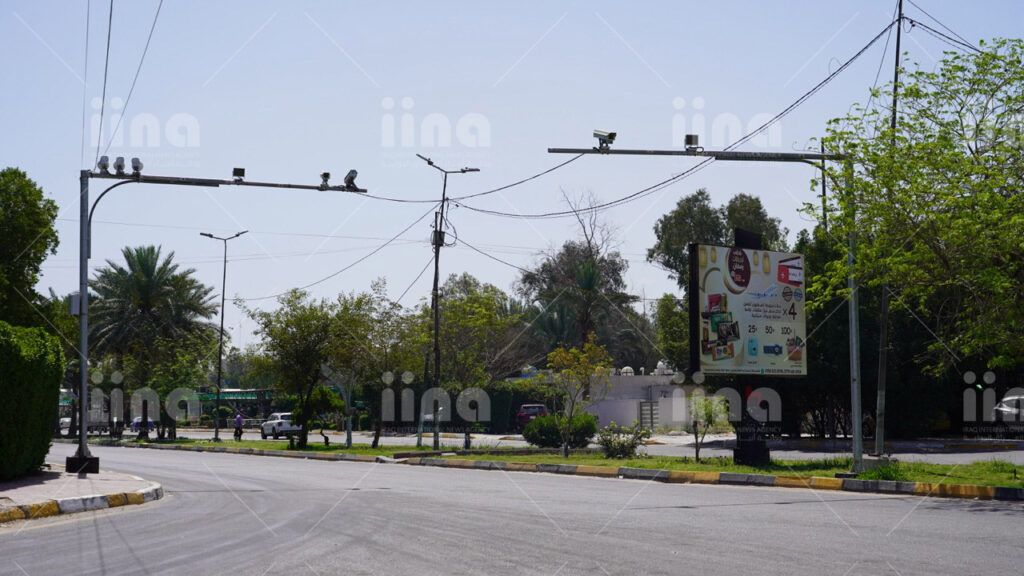
Furthermore, raising public awareness of traffic regulations and fostering a culture of compliance can enhance safety and efficiency in mobility. The implementation of internationally recognised traffic signs is a step in the right direction.
- Published: 11th April, 2024
- Date Taken: 9th April, 2024
- Location: Baghdad
- Country: Iraq
- Editor: Yasmine Goumri
- Photographer: Noor Mohsen
- Category: Transport

